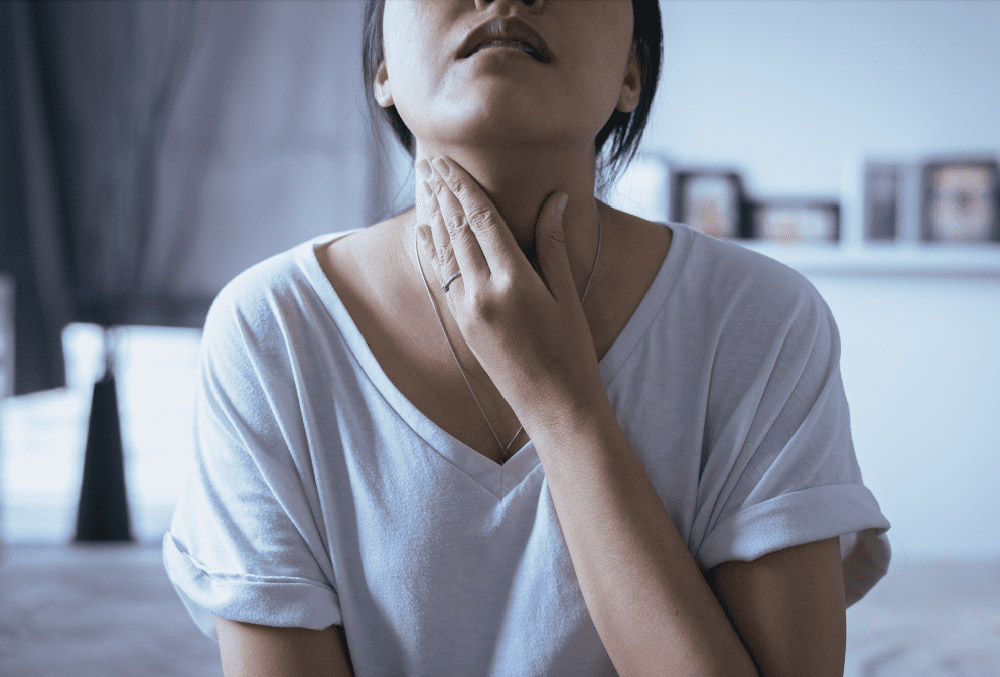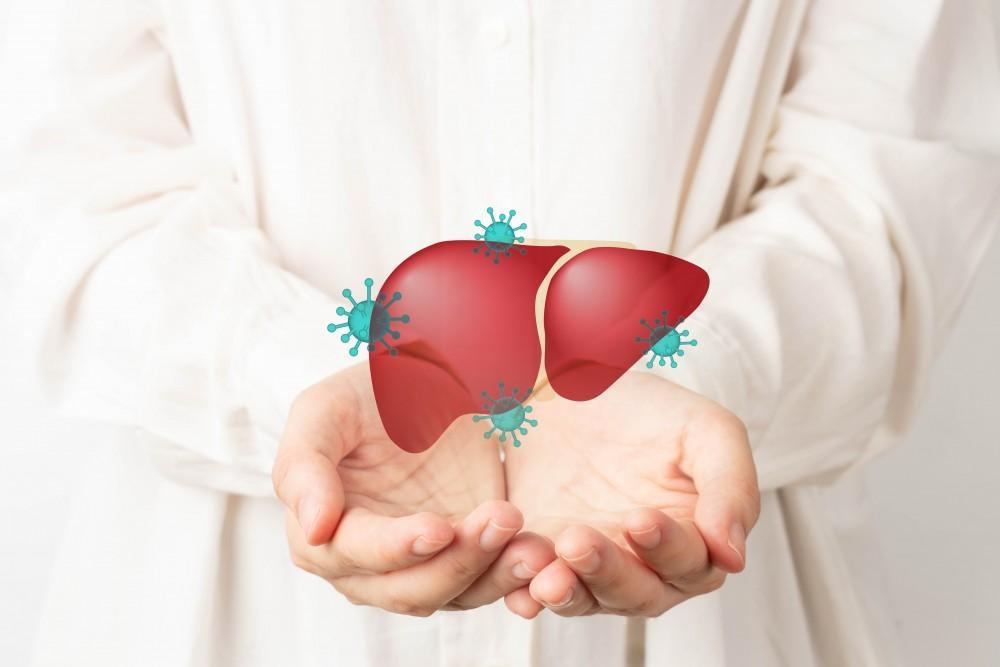Expert Treatment for Gallstones by Dr. Bharat Pothuri
Dr. Pothuri uses a step-by-step approach:
Medical History and Exam
He reviews your pain characteristics (onset, location, intensity), relation to meals or stress, medication use, alcohol intake and past GI issues. A thorough abdominal exam checks for tenderness, guarding or organ enlargement.
Blood Tests
We order a CBC to look for anemia or infection, liver function tests, and amylase/lipase to rule out pancreatitis. Noninvasive H. pylori testing may be added if ulcer disease is suspected.
Imaging Studies
- Abdominal ultrasound evaluates the liver, gallbladder and pancreas for stones, inflammation or masses.
- Upper endoscopy (EGD) allows direct visualization of the esophagus, stomach and duodenum to detect ulcers, gastritis or hiatal hernia.
Advanced Testing (if needed)
If initial tests are inconclusive, Dr. Pothuri may recommend endoscopic ultrasound to assess deeper wall lesions, gastric emptying studies for motility disorders or 24-hour pH monitoring for reflux. Rarely, biopsy or specialized motility testing is performed to confirm the diagnosis.

Frequently Asked Questions
What is the ICD-10 code for gallstones?
The ICD-10 code for gallstones (cholelithiasis) is K80.
Can gallstones go away on their own?
Small stones may pass spontaneously, but many require medical management to prevent complications.
Can I get gallstones after gallbladder removal?
Yes. Stones can still form in the bile ducts even after cholecystectomy.
What foods should I avoid with gallstones?
Avoid fried foods, fatty meats, high-fat dairy, butter, cheese, and processed snacks.
How can I prevent gallstones?
Eat balanced, low-fat meals, stay active, maintain a healthy weight, and avoid rapid weight loss.
Are there non-surgical treatments?
Yes. Dr. Pothuri may recommend bile acid medications like ursodeoxycholic acid or ERCP in certain cases.












